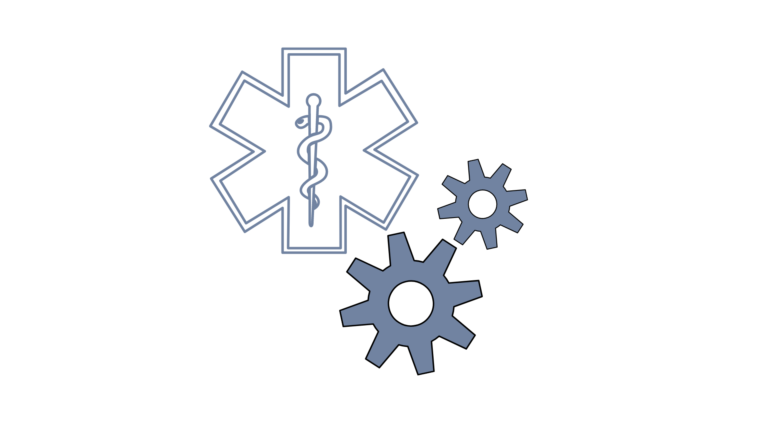

There are many programs that fall under the umbrella known as Medicaid or New Jersey Family Care.
Each program has different eligibility criteria.
This article is intended to give you a brief, simplified overview of the programs; but make no mistake, the analysis is often complicated.
As such, if you believe you may be Medicaid eligible, I encourage you to contact Central Jersey Legal Services for assistance in applying these factors to your unique circumstances.
Affordable Care Act Medicaid (ACA)
This program has many names: Affordable Care Act Medicaid, Expansion Medicaid, or Obamacare Medicaid.
The important criteria in determining eligibility for ACA Medicaid are: (1) Age, (2) Current Insurance Need, and (3) Income.
In order to be eligible for ACA Medicaid, you must be between 19 and 64.
The reason is there are other Medicaid programs that cover those under 19 or those over 64.
Even if you are in this age group, you are ineligible for ACA Medicaid if you receive Medicare.
Individuals who have been receiving Social Security Disability for twenty-four (24) months are eligible for Medicare and thus ineligible for ACA Medicaid.
Upon becoming Medicare eligible, you can no longer receive ACA Medicaid.
There is no resource test for this program so the amount of money you have in the bank does not affect your eligibility.
There is an income limit that is 138% of the Federal Poverty Level (FPL) based on household size.
For a single person, the limit is $1,482 per month in 2022.
New Jersey Care – Aged, Blind, Disabled (ABD)
New Jersey Care is a Medicaid program for individuals who are aged, blind or disabled.
The important criteria in determining eligibility for ABD are: (1) Age, (2) Health Status, (3) Current Insurance Need, (4) Income, and (5) Resources.
To qualify for ABD, an individual must be sixty-five (65) years of age or older and/or be disabled according to the Social Security Administration (SSA).
Individuals who are aged, blind, or disabled often have Medicare as a primary insurance.
However, these individuals can be determined dual eligible if they meet the criteria for ABD and have both Medicare and Medicaid.
In order to meet the financial criteria for the program, an individual must have monthly gross income at or below 100% FPL which for a single person in 2021 is $1,074.
There are some income disregards that are considered as well.
ABD also counts in-kind support and maintenance as unearned income where the aged, blind, or disabled person is living with someone for free or another person is paying for his or her food or shelter.
With respect to assets, a single person has a resource limit of $4,000 and a couple has a resource limit of $6,000.
Workability
NJ Workability is full New Jersey Medicaid health coverage for disabled individuals who are working.
The important criteria in determining eligibility for Workability are: (1) Age, (2) Health Status, (3) Current Insurance Need, (4) Income, and (5) Resources.
An individual between the ages of 16 and 64 is eligible for NJ Workability if he or she has a permanent disability determined by the Social Security Administration (SSA) and works part time, full time, or is self-employed, and able to prove employment.
Like with ABD, those on Workability may have Medicaid as their sole insurance or they may be dual eligible.
Financially, the maximum individual gross earned income for an individual is is $5,433 per month.
The income disregards discussed under ABD, are applicable here as well so the amount of income could vary.
Social Security benefits received by an individual on their own account are not included in the eligibility criteria and are considered disregarded income.
If their Social Security is from a parent’s earning record, individuals can still qualify as long as their Social Security benefit does not exceed 100% FPL, which for 2021 is $1,074 for an individual.
Individuals are allowed to keep a maximum of $20,000.00 in assets while couples are allowed to keep a maximum of $30,000.00 in assets. Funds in an IRA or 401k are not counted.
Managed Long Term Services and Supports (MLTSS)
Managed Long-Term Services and Supports (MLTSS) refers to the delivery of long term care services through managed care organizations.
The important criteria in determining eligibility for MLTSS are: (1) Health Status, (2) Current Insurance Need, (3) Income, and (4) Resources.
Approval for MLTSS is a two-prong process: an applicant must be medically (i.e. clinically) and financially eligible.
Medicaid will send a nurse to assess you, whether you are home or in a facility, to see if you meet nursing facility of care, which is, defined as needing assistance in three (3) or more activities of daily living.
Financially, the individual must meet the income and resource tests.
The income limit is $2,382 in 2021.
However, if the applicant is over the income limit, they can use a Qualified Income Trust to qualify.
The resource limit for a single person in New Jersey is $2,000.00.
Some resources, such as the home you live in or one automobile are exempt.
There are additional complicated rules for both income and resources where there is a spouse.
The most unique and complicated part of MLTSS eligibility is the lookback period and transfer penalty.
When an individual applies for Medicaid, they must provide bank statements for the lookback period, which is 5 years (60 months).
If there has been an improper transfer of assets during the lookback period, a penalty (period of ineligibility) will be imposed.
Supplemental Security Income (SSI) Medicaid / Disabled Adult Child (DAC)
Unlike all of the other Medicaid programs previously mentioned, SSI Medicaid does not require an application with the county board of social services.
If you are eligible for SSI, you are automatically eligible for Medicaid with no further action needed on your part.
Individuals who collect SSI, do not have enough work credits to be eligible for Social Security Disability Insurance (SSDI) on their own work history.
In addition to requiring a disability determination, SSI has income and resource limits to be eligible.
Your income must be under the SSI benefit rate, $825.25 per month in 2021, and your assets must be below $2,000.
Many times, a person who is collecting SSI may become eligible to SSDI under a parents work record once that parent retires, becomes disabled, or passes away.
Once an individual transitions from SSI to SSDI under a parent’s work record, they are known as a disabled adult child (DAC).
If the only reason the individual is no longer eligible for SSI Medicaid is because they are collecting SSDI under a parent’s work record, then they will get to keep their Medicaid eligibility as a DAC even though their income exceeds the SSI eligibility threshold.
Central Jersey Legal Services
CJLS’ attorneys represent individuals facing a multitude of civil legal issues.
All people, regardless of their financial situation, deserve a fair shot at justice – and that requires a lawyer’s help.
It is not justice when a senior or disabled person is denied services because they could not afford the legal help they needed.
Central Jersey Legal Services provides access to legal help and information for clients in legal situations who could not otherwise afford an attorney.
If you need legal help, or have questions about this article, please contact our Mercer County office at 609-695-6249 to be screened for eligibility.
This article was authored by Ryann M. Siclari, Esq. Edited by Chané M. Jones, Esq.
The purpose of this article is to present a general overview of Medicaid programs. It is not intended to be used as legal advice. Each client’s case is unique and merits individual substantive and procedural legal advice from an attorney.
For more information or for further assistance, please contact Central Jersey Legal Services.
Mercer County: (609) 695-6249
Middlesex County: (732) 249-7600
Union County: (908) 354-4340
